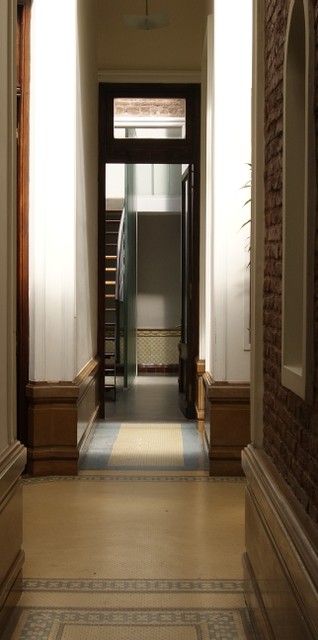Unemployment subsidy supplement: labor effects and tax treatment
In this scenario, we have received a large number of inquiries regarding the possibility of financially "supporting" workers through the payment of a complementary (voluntary) amount, in order to maintain their usual income (either in full or in part). Therefore, we understand it is necessary and timely to analyze the nature of this amount and its consequences, in terms of its contribution and from the point of view of the employment contract.
Tax treatment
This amount is not subject to Special Social Security Contributions (CESS) at BPS. As established by the 2nd paragraph of article 160 of Law 16,713, the supplements that companies grant to the subsidies paid by BPS for periods of compensated inactivity (due to unemployment, accident insurance, or common illness) will not be taxed or considered as computable allocation, as long as the sum of both does not exceed the worker's usual remuneration. Only in case of exceeding the amount regularly received, that excess (meaning that difference) would be taxed by CESS.
Regarding the Personal Income Tax (IRPF), these supplements do constitute taxable income for the calculation of this tax, as established by article 2, Title 7 of the consolidated 1996 Text and article 46 of Decree 148/007. This amount must be reported with code 5 at BPS, as additional taxable amount for IRPF.
Expense deductibility
In order to evaluate the deductibility of an expense in the IRAE, the following conditions must be verified: it must be necessary to obtain and retain taxable income, it must have been accrued in the fiscal year, it must be properly documented and, since the tax reform, the condition has been added that said expense is taxable income for the counterparty.
As established by article 34 of Decree 150/007, personal remunerations accrued in the fiscal year will be part of the fiscally admitted expenses as long as they are necessary to obtain or retain income and the corresponding social security contributions are made. In the specific case, the condition that the supplement is not subject to BPS contributions would not be a limitation, as if these contributions are not made, it is because there is a legal norm that exempts it.
Likewise, we understand that these are expenses "necessary to obtain and retain taxable income", since they generally constitute expenses that the employer incurs in order to maintain the employment relationship with their staff.
On the other hand, article 35 of Decree 150/007 has added, as we said, another necessary condition that is also met since these remunerations generate taxable income for the Non-Resident Income Tax or for the Personal Income Tax. Therefore, we can confirm that these supplements are 100% deductible expenses for IRAE purposes.
Labor effects
On the other hand, regarding its labor effects, it should be noted that these supplements should not be considered for the calculation of the Christmas bonus, leave, and vacation pay, as they are not considered a salary-related item.
Indeed, it can be said in the first place that this supplement is received when the employment contract is "suspended" in total or in part, as the worker is on layoff (or sick leave etc.). It is not an amount that is paid to complement the "salary" because it precisely serves as a supplement to the subsidy paid by Social Security based on the time not worked. There is no work in exchange for that amount. The worker does not receive it as compensation for their work.
Additionally, it is a benefit paid as a gesture of goodwill, not related to the activity or performance of the worker, so it cannot be understood as salary-related in any way.
Notwithstanding the above, the employer may always choose a more beneficial stance for the staff and include the supplement in the calculation of the Christmas bonus, leave, and vacation pay.
Summary
- The voluntary supplement to the subsidies is not subject to CESS social security contributions
- It is subject to IRPF (Declared with code 5)
- It is 100% deductible expense for IRAE.
- It is not a salary item, so it is not included mandatorily for the calculation of the Christmas bonus, leave, and vacation pay.
Montevideo, June 11, 2020.




